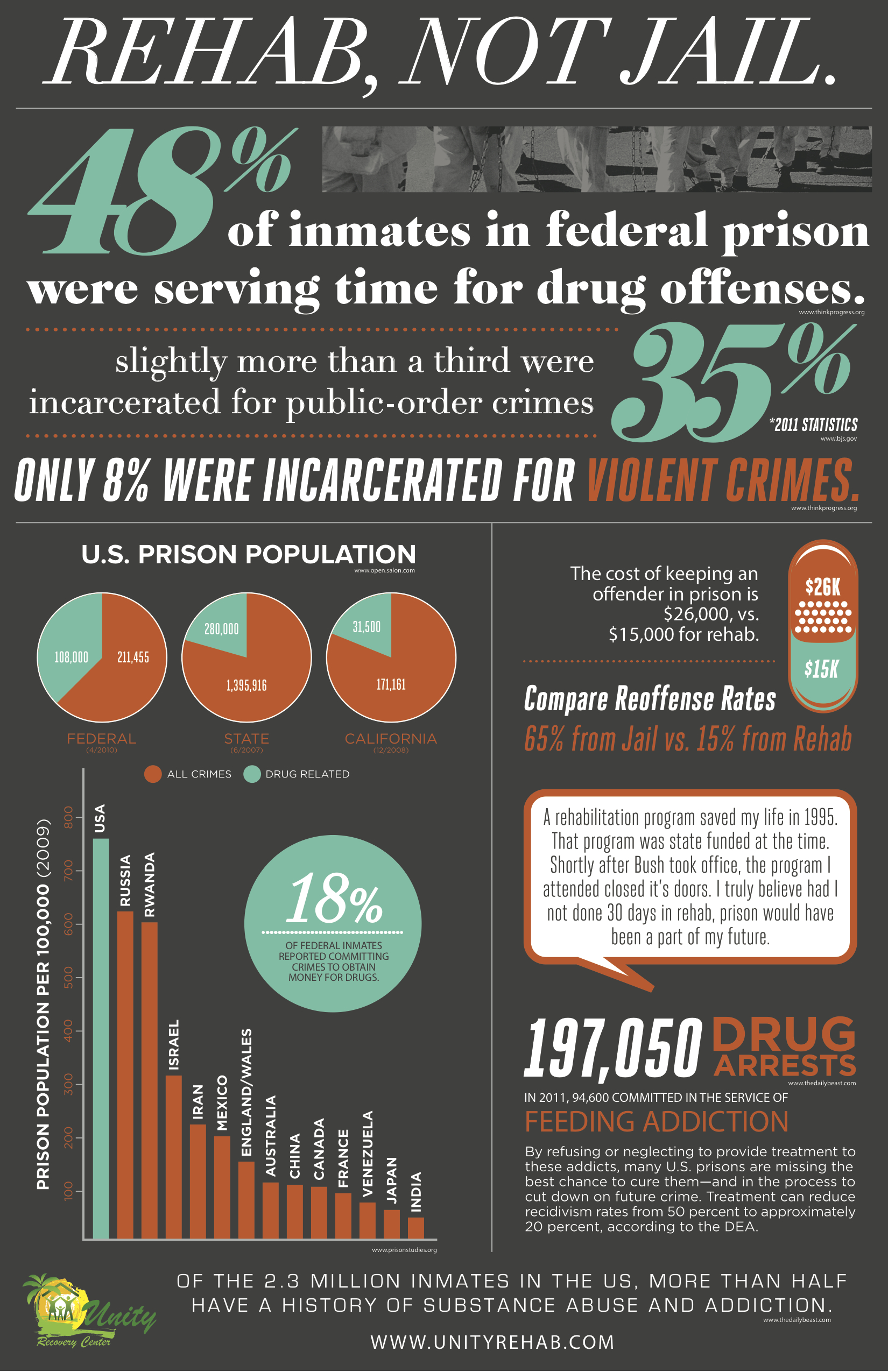Imagine Drug dependency therapy as an intricate problem, with each piece representing a different aspect of the scientific strategy to combating drug abuse.
From the elaborate functions of the mind to the impact of environmental factors, the science behind addiction therapy reveals a multidimensional viewpoint that overviews effective treatments.
Recognizing exactly how organic, mental, and social aspects link in the therapy process can give important insights right into cultivating lasting healing.
By unwinding the science behind Drug dependency treatment, you will gain a deeper appreciation for the comprehensive strategies used in resolving this pervasive issue.
Biological Consider Dependency Treatment
When addressing biological consider addiction treatment, it's important to understand just how the body's chemistry affects the performance of interventions. The method materials engage with your brain's natural chemicals plays a considerable role in addiction development. For instance, medications can pirate the brain's reward system, bring about cravings and compulsive drug-seeking actions. Recognizing these chemical processes aids in tailoring treatment approaches like medication-assisted therapy to target certain natural chemical discrepancies.
Additionally, https://telegra.ph/Discover-Our-Detailed-Manual-On-Drug-Rehab-Programs-To-Find-The-Correct-Course-In-The-Direction-Of-Healing-Familiarize-On-Your-O-05-01 can likewise affect just how your body reacts to particular substances, affecting your vulnerability to dependency. By thinking about these biological aspects, medical care professionals can individualize therapy strategies that address the special demands of people fighting addiction, inevitably increasing the possibilities of successful recuperation.
Emotional Treatments for Addiction
Recognizing the mental treatments for dependency is critical in complementing the organic elements resolved in treatment plans. How To Help Someone With A Drug Addiction CA are 3 key psychological interventions that play an important function in addiction therapy:
1. ** Cognitive-Behavioral Treatment (CBT): ** This therapy aids you determine and change unfavorable thought patterns and behaviors connected with substance abuse.
2. ** Motivational Interviewing (MI): ** MI is a counseling strategy that helps you locate the inner motivation to transform addictive actions.
3. ** Mindfulness-Based Treatments: ** These techniques focus on boosting your awareness of desires and causes without judgment, assisting you handle them properly.
These psychological treatments function hand in hand with biological treatments to give a detailed strategy to addiction recovery.
Social Support and Healing in Addiction
Social assistance plays an essential duty in dependency healing, supplying individuals with the required motivation and aid to navigate the challenges of getting over chemical abuse. Having a solid support system can substantially raise the possibility of effective healing from dependency. Pals, family members, support groups, and therapists all add to creating a network of assistance that can assist you remain inspired and focused on your trip to sobriety.
Social connections can use understanding, empathy, and functional assistance during hard times, working as a resource of toughness and guidance. By bordering yourself with favorable and motivating people that count on your capacity to recoup, you can boost your durability and dedication to staying substance-free.
Verdict
So, you've learnt more about the scientific research behind Drug dependency therapy. By understanding the organic, psychological, and social aspects at play, you can see just how extensive therapy is necessary for recovery.
Remember, addiction is a monster that can be tamed with the right tools and support. Maintain combating the good fight, since you're more powerful than any type of challenge in your means.
